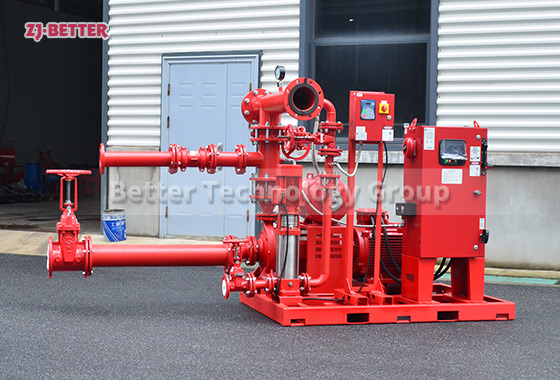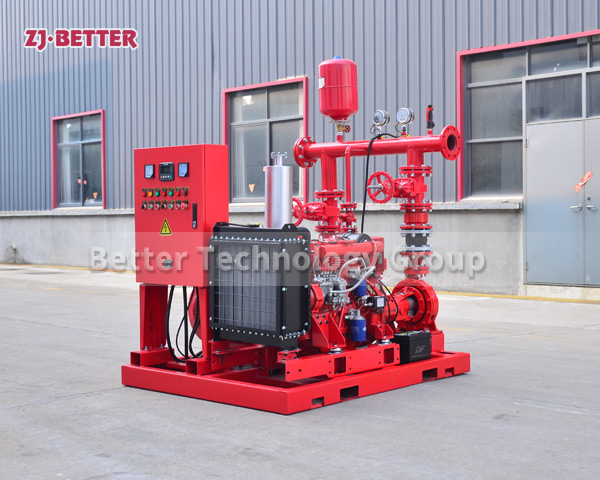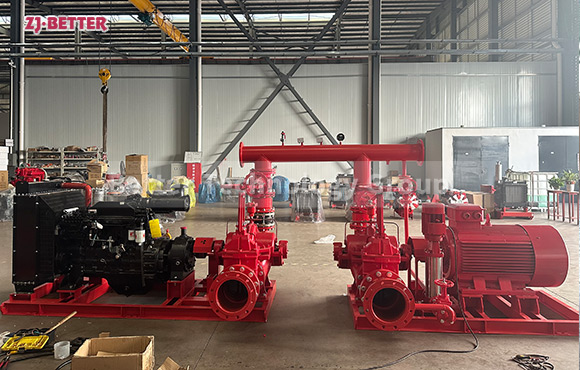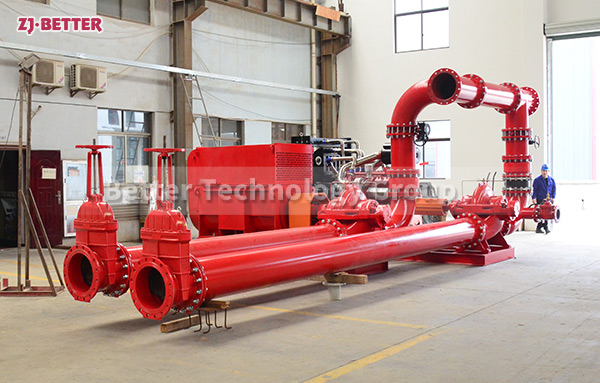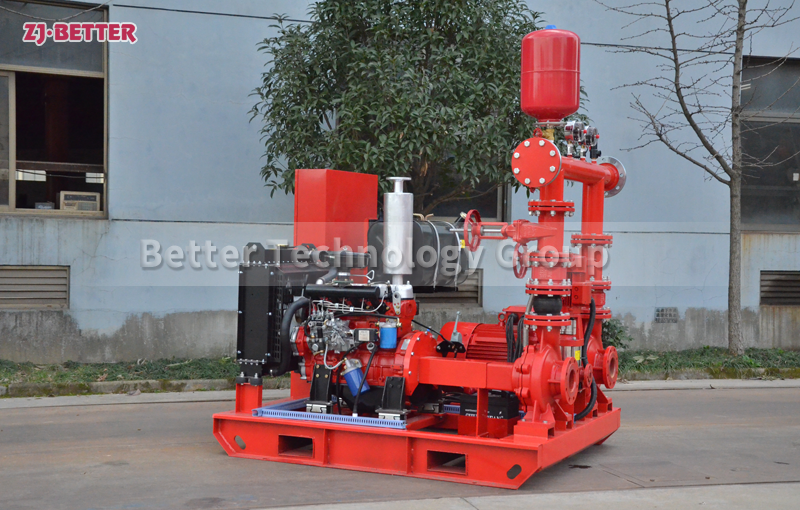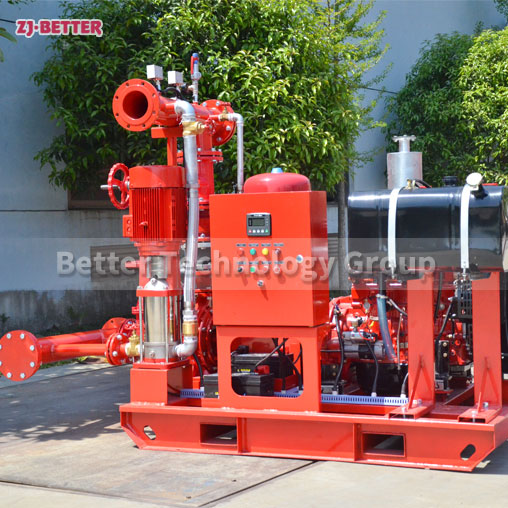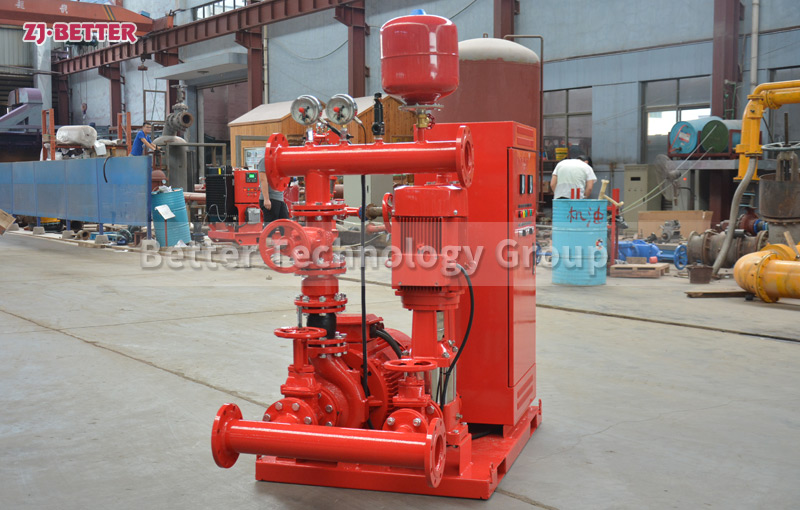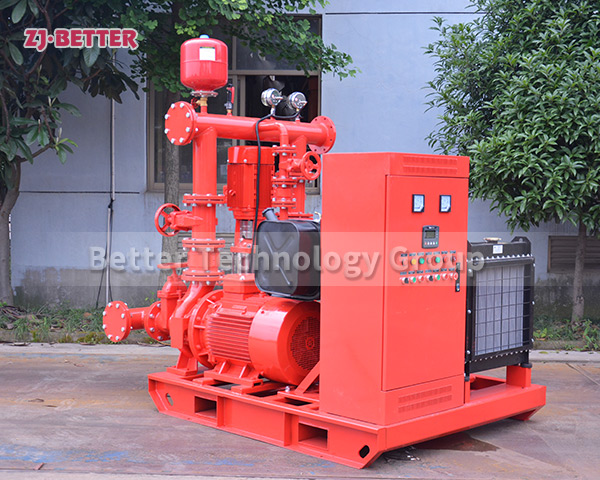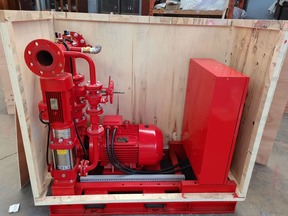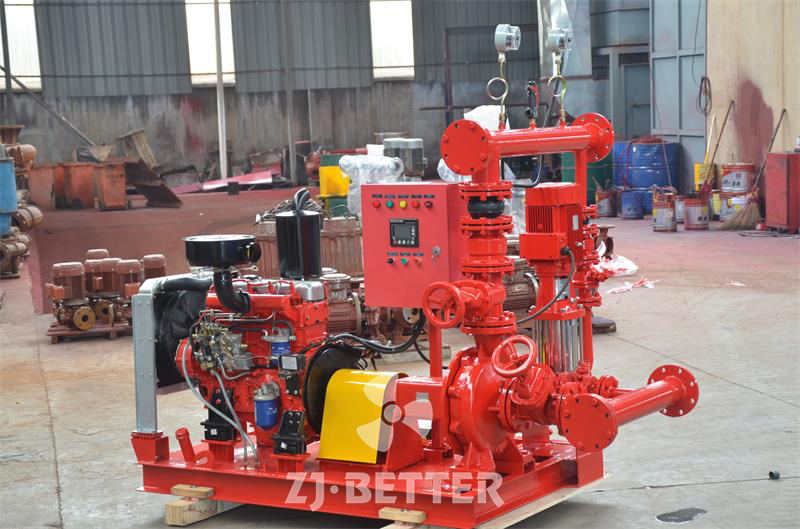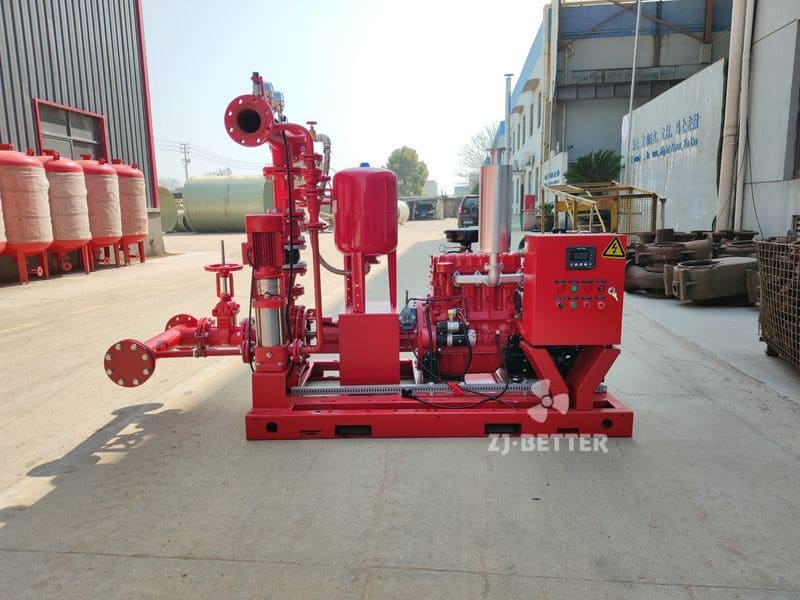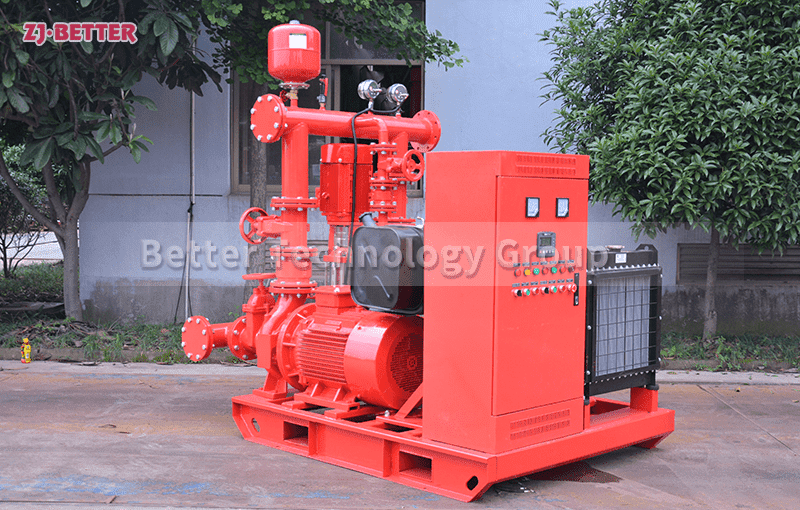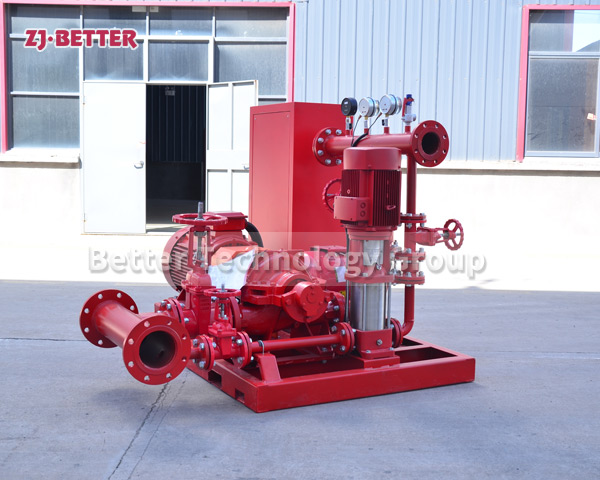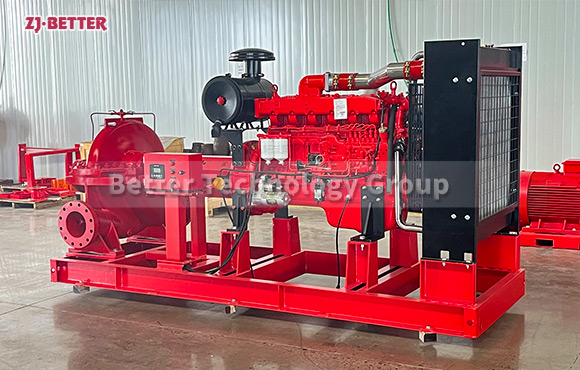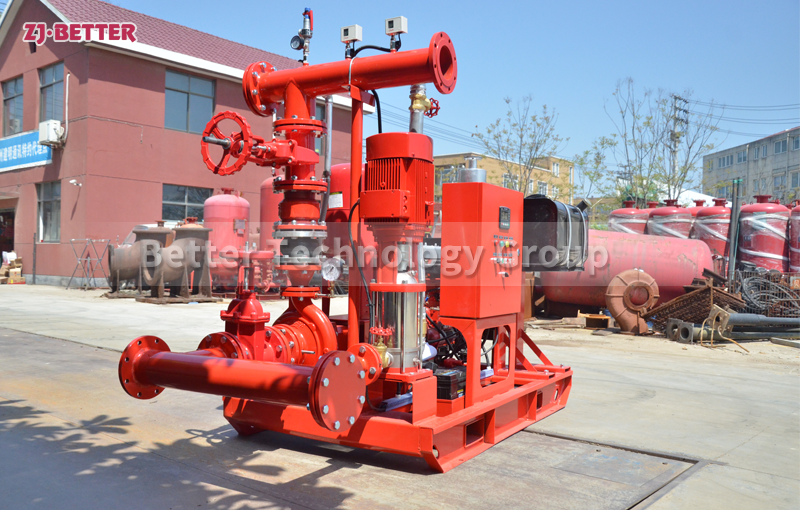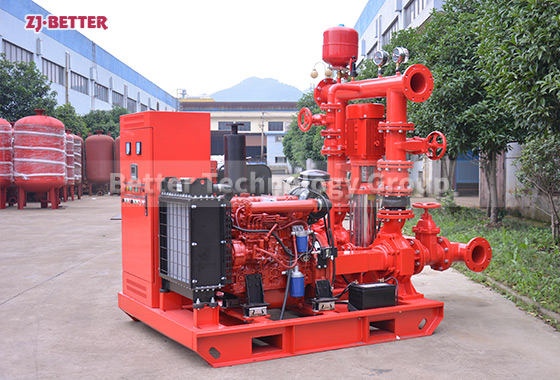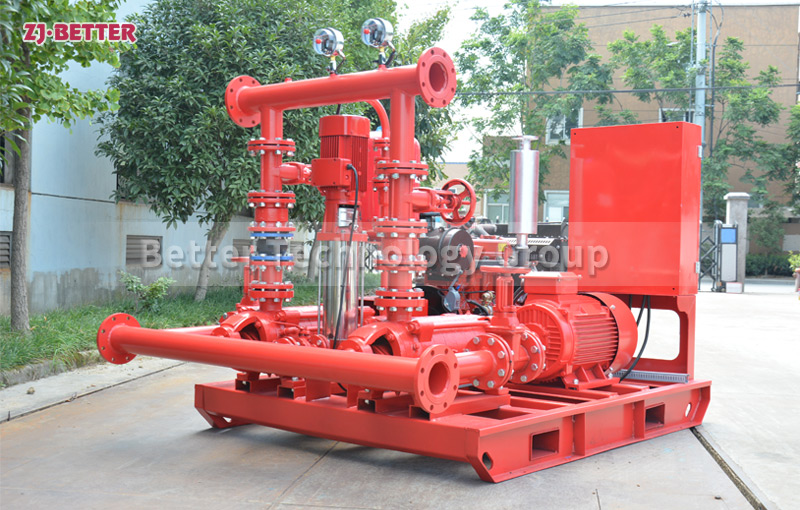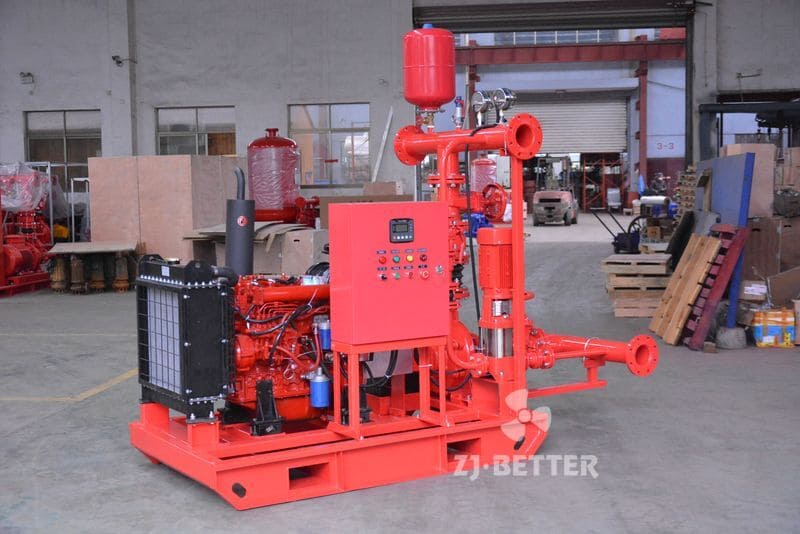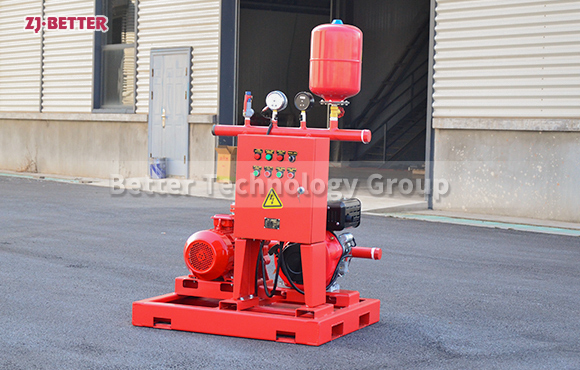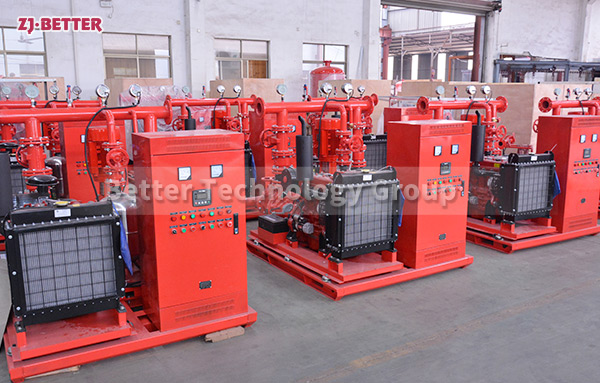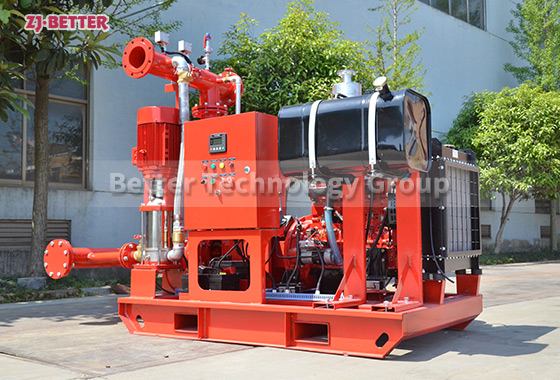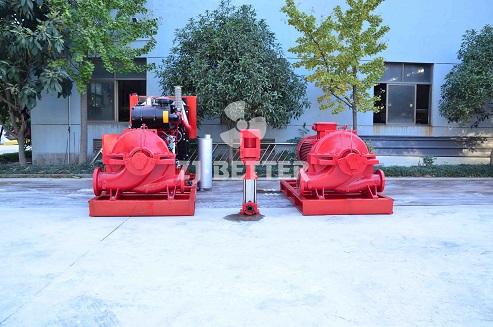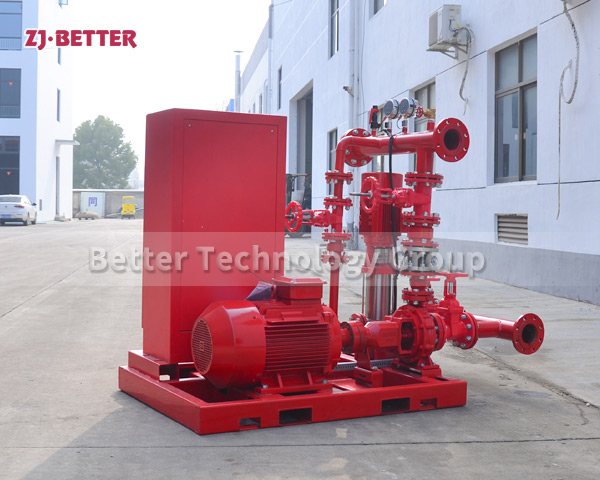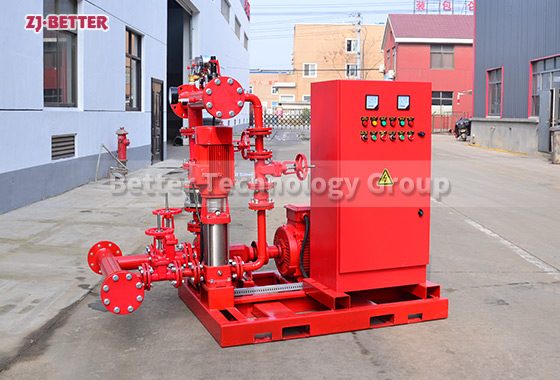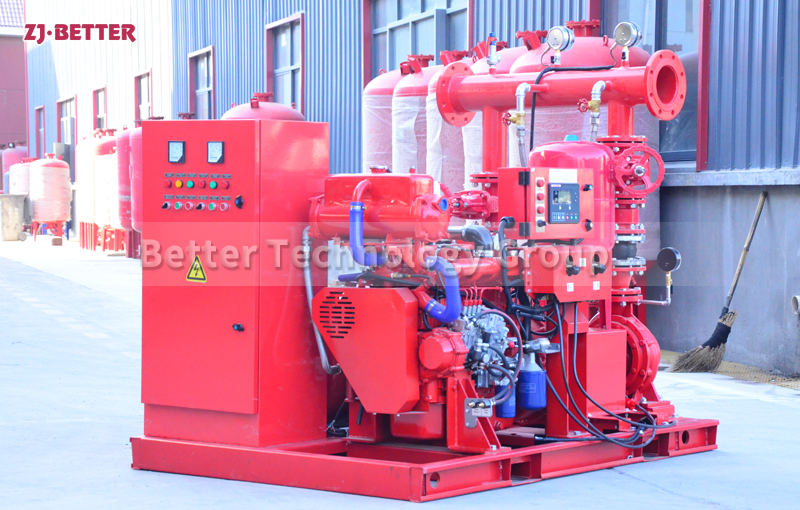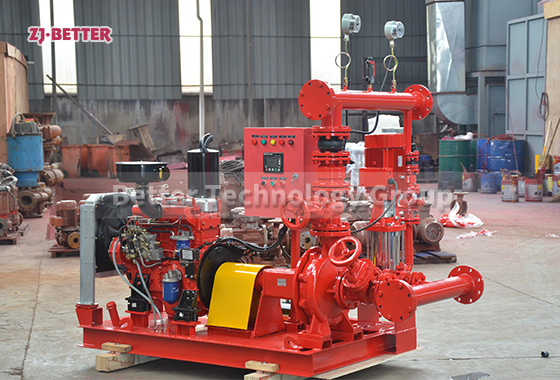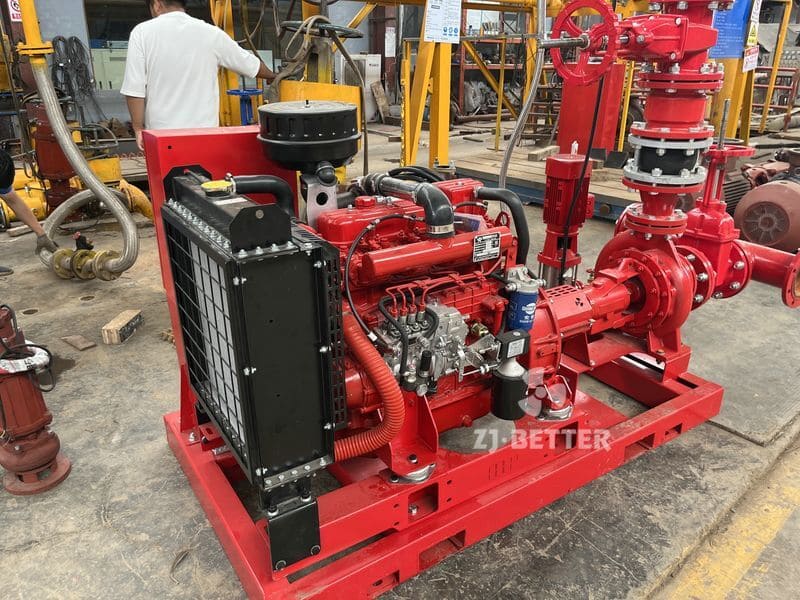What are the environmental considerations when installing fire pumps and jockey pumps?
When installing fire pumps and jockey pumps, environmental considerations are increasingly important to minimize ecological impact and comply with regulatory standards. This includes choosing energy-efficient models that reduce power consumption and greenhouse gas emissions, which can be particularly significant for systems that operate continuously or frequently. Additionally, it is important to consider the water source for fire pumps, ensuring that they do not deplete local water supplies or adversely affect nearby ecosystems. Using sustainable materials and manufacturing processes for pump components can also reduce environmental footprints. In some cases, fire pump systems can be integrated with rainwater harvesting or greywater recycling systems to utilize alternative water sources, further minimizing environmental impact.
When installing fire pumps and jockey pumps, environmental considerations are increasingly important to minimize ecological impact and comply with regulatory standards. This includes choosing energy-efficient models that reduce power consumption and greenhouse gas emissions, which can be particularly significant for systems that operate continuously or frequently. Additionally, it is important to consider the water source for fire pumps, ensuring that they do not deplete local water supplies or adversely affect nearby ecosystems. Using sustainable materials and manufacturing processes for pump components can also reduce environmental footprints. In some cases, fire pump systems can be integrated with rainwater harvesting or greywater recycling systems to utilize alternative water sources, further minimizing environmental impact.

